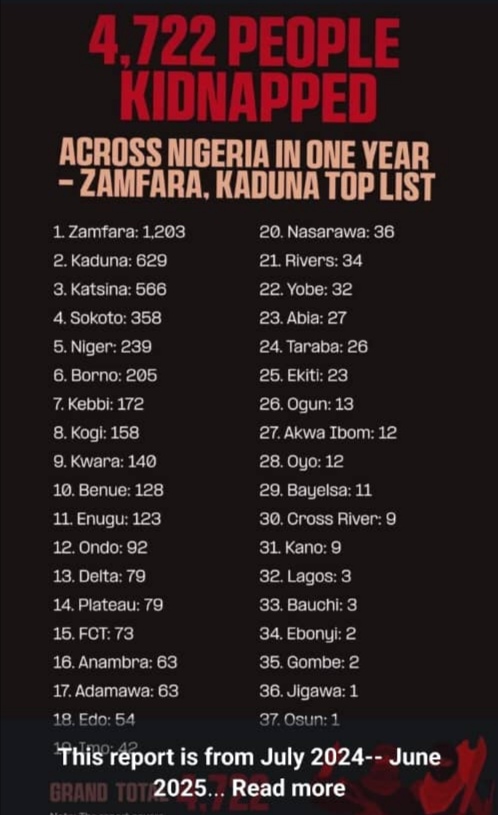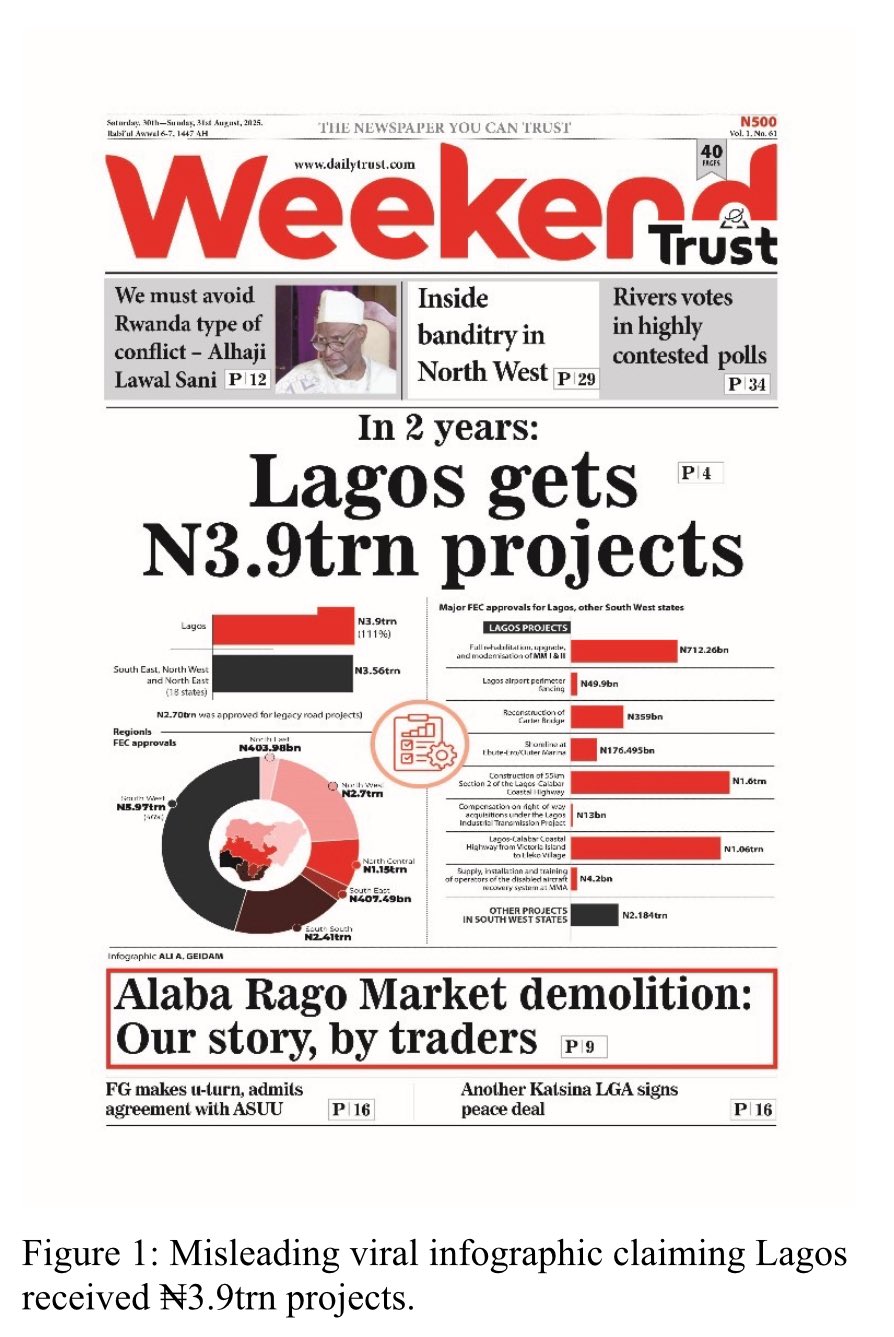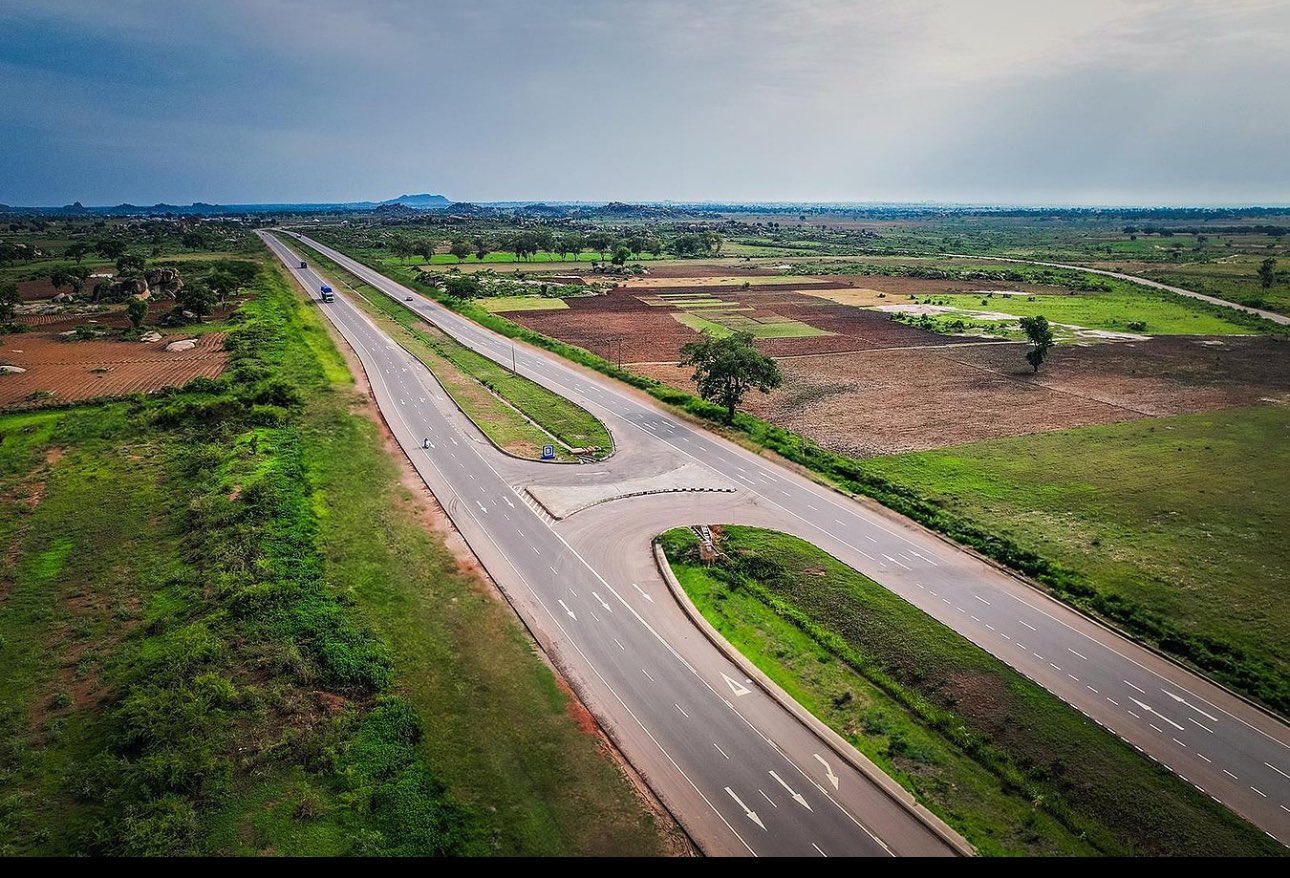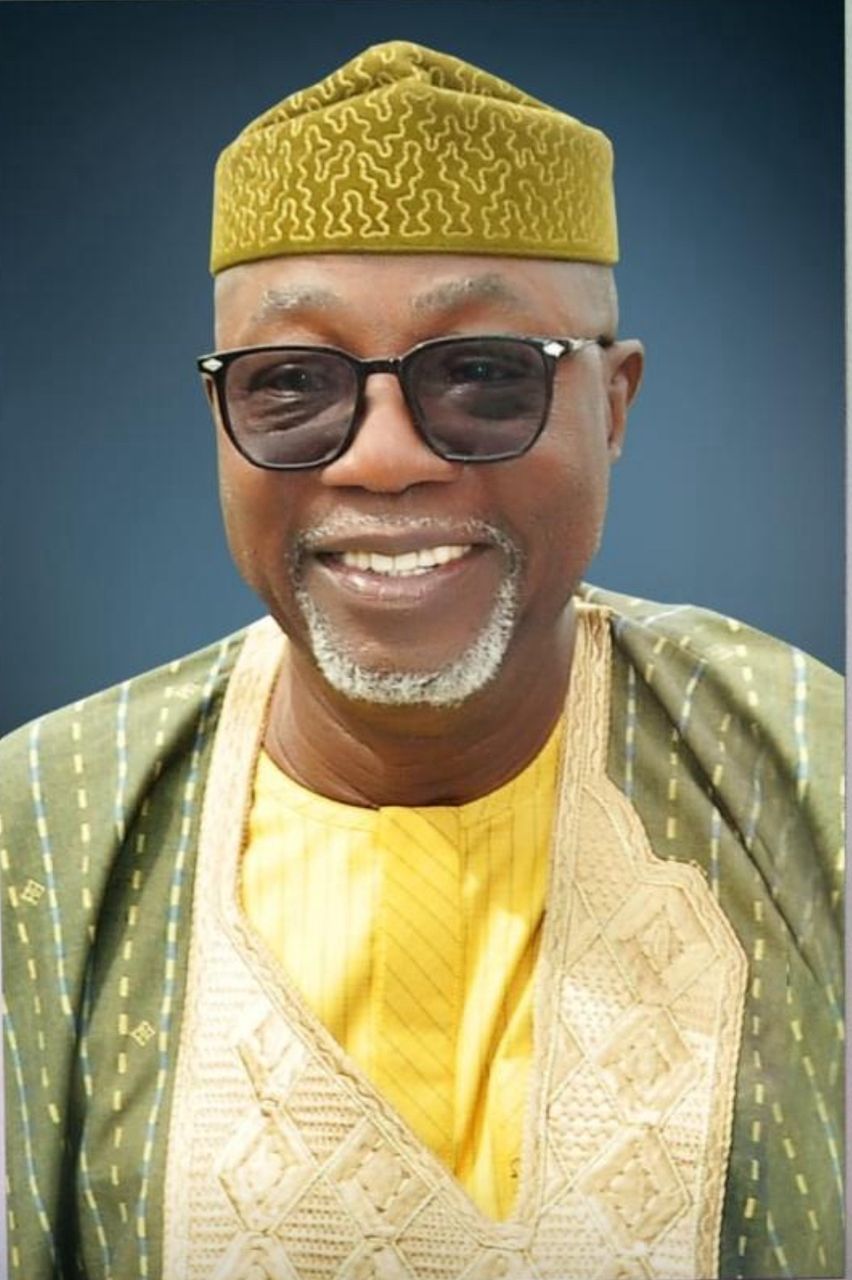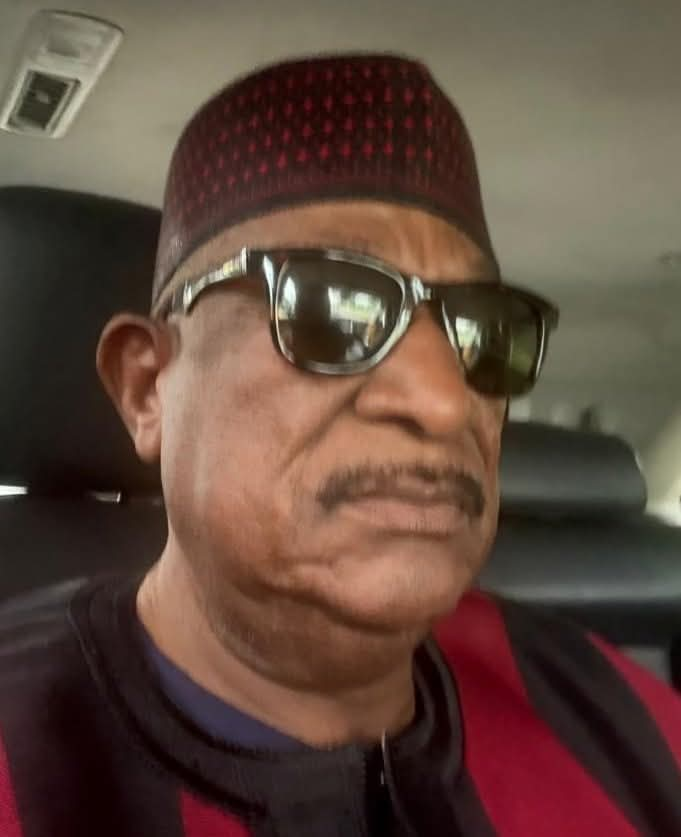
When Benue State was carved out of the old Benue-Plateau in 1976, it was designed to be a home for all its peoples—the Tiv, Idoma, Igede, Etulo, Abakpa, Jukun-Wanu and others. The vision was for harmony, inclusivity and shared prosperity. Sadly, since the return of democracy in 1999, that vision has been repeatedly betrayed.
For over two decades, the Tiv majority—by virtue of their population strength—have monopolised the political and administrative leadership of the state. From the governorship to the office of the Speaker, the Secretary to the State Government, the Chief Judge, and other commanding political portfolios, power has been concentrated in one ethnic bloc. This has created a cycle of exclusion that has left the Idoma nation and other minority groups perpetually on the margins.
Even in traditional institutions, this imbalance is glaring. The Tor Tiv remains the undisputed chairman of the Benue State Traditional Council, while the Och’Idoma and the Agabaidu of the Igede are recognised but sidelined. Smaller groups like the Jukun-Wanu, Etulo, Abakpa and others have been almost erased from official recognition, their identities submerged in silence.
The Urgency of 2027
As 2027 approaches, Benue stands at a historic crossroads. A democracy that excludes vast sections of its population is neither just nor sustainable. The minorities of Benue are not asking for charity; they are demanding equity, fairness, and recognition as equal stakeholders in the destiny of our state.
The governorship, for once, must rotate to the Idoma nation. This is not just about Idoma pride—it is about healing wounds, restoring trust, and proving that democracy in Benue is not a tool of domination but a vehicle for inclusion. At the same time, the smaller tribes must be formally recognised, gazetted, and given their rightful place in governance, culture, and decision-making.
A Turning Point
Today, Benue is grappling with heightened security tensions, her people traumatised by conflict and displacements. Yet, there is a flicker of hope. President Bola Ahmed Tinubu’s recent bold steps on national security and governance reforms have shown that change is possible when leadership is visionary. That same courage is needed in Benue.
The national working committees of all political parties in Nigeria must place Benue under a political searchlight. They must insist on inclusivity, power rotation, and respect for all ethnic identities. Anything less would be a betrayal of the ideals of democracy.
The Renaissance We Seek
This is not merely a call for an Idoma governor. It is a call for a Benue renaissance—
• A state where power rotates fairly and no tribe feels permanently locked out.
• A state where traditional rulers of minority groups are gazetted and accorded their rightful dignity.
• A state where political appointments reflect its diversity, not just numbers.
• A state where unity is built not on dominance but on shared responsibility.
The time has come for courage. The time has come for fairness. The time has come for Benue to rise above old divisions and embrace a future where every tribe can say with pride: This is our home, this is our state, and we all belong.
Air Vice Marshal Monday Riku Morgan (Rtd)
National Coordinator
Benue Rebirth Movement


